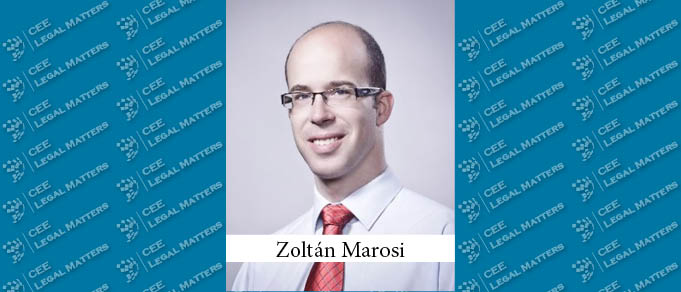EU and Hungarian competition law considerations are also highly relevant in any real estate transaction, especially from a merger control and information exchange perspective.
Under merger control rules, certain transactions must be notified to the various national competition authorities (including the Hungarian Competition Authority) and, in some cases, the European Commission. The notification requirement depends on the type of the transaction and the size (typically the turnover) of the companies involved.
- As to the type of the transaction, it is clear that share deals (e.g. acquisition of a majority shareholding in a company which owns a certain piece of real estate) clearly qualify as relevant. In addition, asset deals may also be scrutinised by competition authorities, provided that the assets in question qualify as a so-called “part of an undertaking”, i.e., a standalone business unit to which turnover can be attributed. For example, the acquisition of a plot of land which has a shopping mall on it can typically qualify as a “part of an undertaking” as it would enable such shopping mall to be operated by/integrated into the buyer’s own business.
- As to the size of the companies involved, most competition laws apply turnover thresholds, i.e. the net sales revenues of the companies involved in the transaction for the previous business year are reviewed. For example, under Hungarian law, the thresholds for notification are twofold:
- all the undertakings concerned have to achieve at least HUF 15 billion in turnover from Hungary in the previous business year, and
- there have to be at least two undertakings concerned that each achieved at least HUF 1 billion in turnover from Hungary in the previous business year.
From an information exchange perspective, companies engaged in real estate transactions need to make sure that they only exchange information that is absolutely necessary and only to the extent that is required depending on the stage of the transaction. This obligation is particularly relevant in case of a transaction involving real estate companies that are competitors to each other. In such cases, information barriers need to be erected, e.g. in the form of personal/company-wide confidentiality obligations or “clean teams” (i.e. persons dedicated to a certain transaction who are not involved in the strategic decision-making of the company) or via external advisors.
Compliance with the above rules is essential and may significantly affect the structure and timing of a transaction. Specifically, from a merger control perspective, if a notification requirement applies, it typically entails that the transaction may not be closed/implemented before clearance by the competent competition authority (or authorities). Competition law envisages serious sanctions in the form of fines for the breach of this obligation. Similarly, the illegal exchange of information could also entail fines by the authorities.
It is therefore suggested that competition law considerations be taken into account as early as the transaction planning stage and compliance with the relevant obligations be continuously monitored as the deal proceeds further.
By Zoltan Marosi, Co-Head of Competition and Antitrust, DLA Piper



